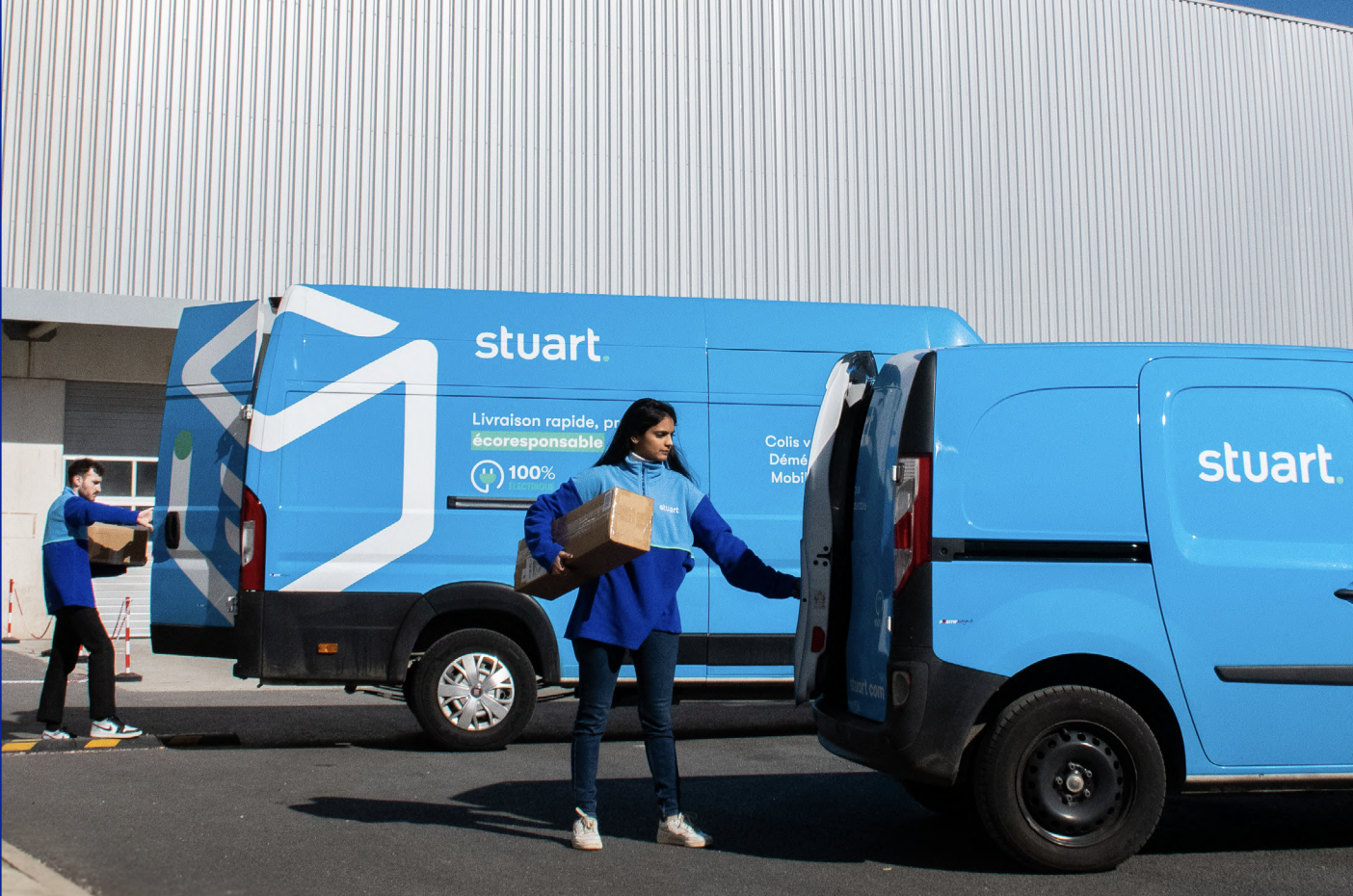Having worked as one of the key distributors for the Raspberry Pi computing board since 2012, RS Components has had to evolve its delivery solutions to cater for requirements across b2b and b2c sectors. The latest multi-channel ordering and delivery solutions that RS now provides has changed dramatically from how it looked at the outset of the partnership. Here, Simon Wade, Product Manager for RS Components, gives eDelivery an overview of how the partnership and solutions have evolved and what the plan is for the future.

Simon Wade, RS Components
How long has RS been working with/distributing Raspberry Pi?
SW: RS has been working with the Raspberry Pi Foundation since 2011. When we became aware of the Raspberry Pi project, we were keen to support the Foundation’s goal of an affordable entry in to software programming and hardware design. In 2012, we entered into an agreement whereby we manufactured Model B under license, and distributed it, following its launch on 29 February, 2012.
What are the details of the partnership/initial solutions developed with regards to delivery of the product to meet customer demand?
SW: Alongside the licensed manufacture of the product, RS has been working very closely with our manufacturing partner Sony to ensure we have a manufacturing and supply chain model that enables high quality and continuity of supply, whilst supporting the budget expectations of both the Foundations and customers.
What challenges have been faced and how have they been overcome?
SW: When we first launched Raspberry Pi, both RS and the Foundation underestimated customer demand for the product, which in the early days very much exceeded supply (component availability and manufacturing capacity). At launch, we experienced a significant increase in traffic to our websites and a whole new customer type – the consumer. RS had to quickly adapt the predominantly b2b operating model to one that supports b2c.
 The Raspberry Pi range of products is unique in the fact that it touches all areas of RS, and is an example of where, working together, we have been able to overcome the challenges that Pi presents. The original Model B was manufactured off-shore in China, which presented us with supply chain challenges, manufacturing capacity and logistics challenges.
The Raspberry Pi range of products is unique in the fact that it touches all areas of RS, and is an example of where, working together, we have been able to overcome the challenges that Pi presents. The original Model B was manufactured off-shore in China, which presented us with supply chain challenges, manufacturing capacity and logistics challenges.
In 2013, it was decided to move manufacturing back to the UK. As such, we entered into an agreement with Sony in Pencoed, Wales. In doing this, it meant that the Raspberry Pi was designed and built in the UK – a success story that highlights UK innovation in design, as well as manufacturing. This enables us to have much greater control over the product supply chain and has meant that we have been able to meet customer demand with a high quality, efficient manufacturer. All Raspberry Pi models are built exclusively in the UK.
How have the B2B and B2C demand and requirements differed?
SW: When we launched the original Pi Model B, the demand was predominantly from b2c. Over time, and with an evolving product range, we have seen demand for Pi products shift to b2b. There are now more Raspberry Pi resellers in all markets than before, and it is finding its way into many more industrial applications
How has RS catered for both b2b and b2c demand?
SW: Adapting to the needs of our b2b customers, we have tailored our offering to include the sale of carton quantities for many of the Raspberry Pi products and accessories. This makes it easier for resellers and OEMs to order larger quantities in packaging that suits their needs. We are also looking at a range of products specifically chosen for b2c/OEM customers.
How will RS continue to evolve the offering to meet the current and future demands of Raspberry Pi?
SW: RS will continue to support the current and legacy Raspberry Pi models. There continues to be a demand for the A+, B+ and 2B models. We are also looking at expanding the Raspberry Pi with the addition of ‘HAT’ format add-on boards – these are board attachments that plug into the 40 pin header on the pi – which expands the hardware applications of the Raspberry Pi. We are also working with our reseller partners to ensure the Raspberry Pi is available to the widest number of customers across the widest geographical area.
 What has been learned over the period of being a distributor for Raspberry Pi, and what key learnings can be passed to other organisations developing delivery strategies in rapidly changing industries?
What has been learned over the period of being a distributor for Raspberry Pi, and what key learnings can be passed to other organisations developing delivery strategies in rapidly changing industries?
SW: The launch, and continued support for Raspberry Pi within RS, has been realised with the effective working together of all areas of the RS/Allied businesses. By working in this way, we have been able to adapt quickly to the needs of Raspberry Pi and customers. We have an established re-seller network which widens the reach and accessibility of Raspberry Pi to consumer customers, this enables us to support sales regions that RS may not directly serve.
As a business, RS is very aware of the voice of the customer and as such we work with customers and reseller to ensure that we understand their needs, and meet their expectations with regards to stock and tailor the RS product offer to support them.
Raspberry Pi continues to be a unique product that requires a very different approach to our standard product offerings. It continues to be our best-selling product and providing we continue to maintain and evolve a robust supply chain, it should remain so for many years to come.









